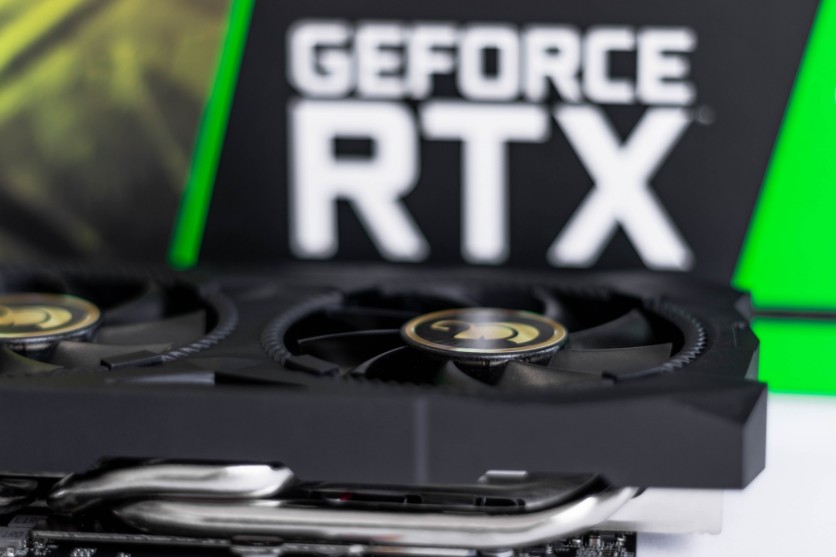Popular chipmaker Nvidia is showing progress in incorporating artificial intelligence (AI) into its semiconductors and because of this, the Biden administration fears that the technology can be misused if it falls into the wrong hands of its rival, particularly China, which is barred from chip export.
US is Concerned Over China's Move to Use AI Chips

While the US remains a dominant force in the chip industry, lawmakers think that the country should continue to restrict China from the export of AI-equipped chips.
According to CNBC, the US Department of Commerce is thinking of proposing a new set of policies regarding the ongoing restriction of semiconductors in China.
Notably, Nvidia had already tailored its renowned AI chip, the A100, for the Chinese market by adhering to performance guidelines established by the Commerce Department. However, the proposed limits under consideration could potentially curtail sales even with a license.
Such measures would further escalate the ongoing technology-related dispute between the U.S. and Chinese governments. In May, China prohibited "critical information infrastructure" from procuring products from Micron, an American memory chip manufacturer, citing significant security concerns.
However, the US Commerce Department finds this disagreeable, citing that the imposed limitations lack factual basis.
Biden Admin Wants China to Stay Behind Chip Business
With the US chip ban further hindering China from acquiring AI chips from Nvidia and other manufacturers, the Biden administration most likely wants to stay in the competition to be a leader in the industry.
Although Chinese firms may possess alternative advanced chips or resort to slower semiconductors, additional limitations on high-speed chips could hinder their agility in the competitive AI landscape.
Furthermore, American executives have cautioned the U.S. government about the potential risks associated with unregulated AI usage.
If not properly controlled, AI models can perpetuate discrimination in various domains, including law enforcement, housing, and loan approvals. Additionally, these technologies can facilitate the production of convincing propaganda or the development of autonomous weapons.
At present, the U.S. Commerce Department has not responded to requests for comment regarding the aforementioned report, while Nvidia has chosen to withhold its comments on the matter.
In other news, Nvidia collaborated with cloud data firm Snowflake to bring AI models to its customers across different fields.
"In the old days, in small data computing, you moved data to the computer. But when you have giant amounts of data like Snowflake does and a pile of proprietary data ... data that's so valuable to a company, then you move the computer to the data," Nvidia CEO Jensen Huang told Reuters.
According to Snowflake boss Frank Slootma, this is the moment that they have been waiting for for the last two decades. He added that the importance of data is the priority today, now that "data is eating software."

ⓒ 2025 TECHTIMES.com All rights reserved. Do not reproduce without permission.




